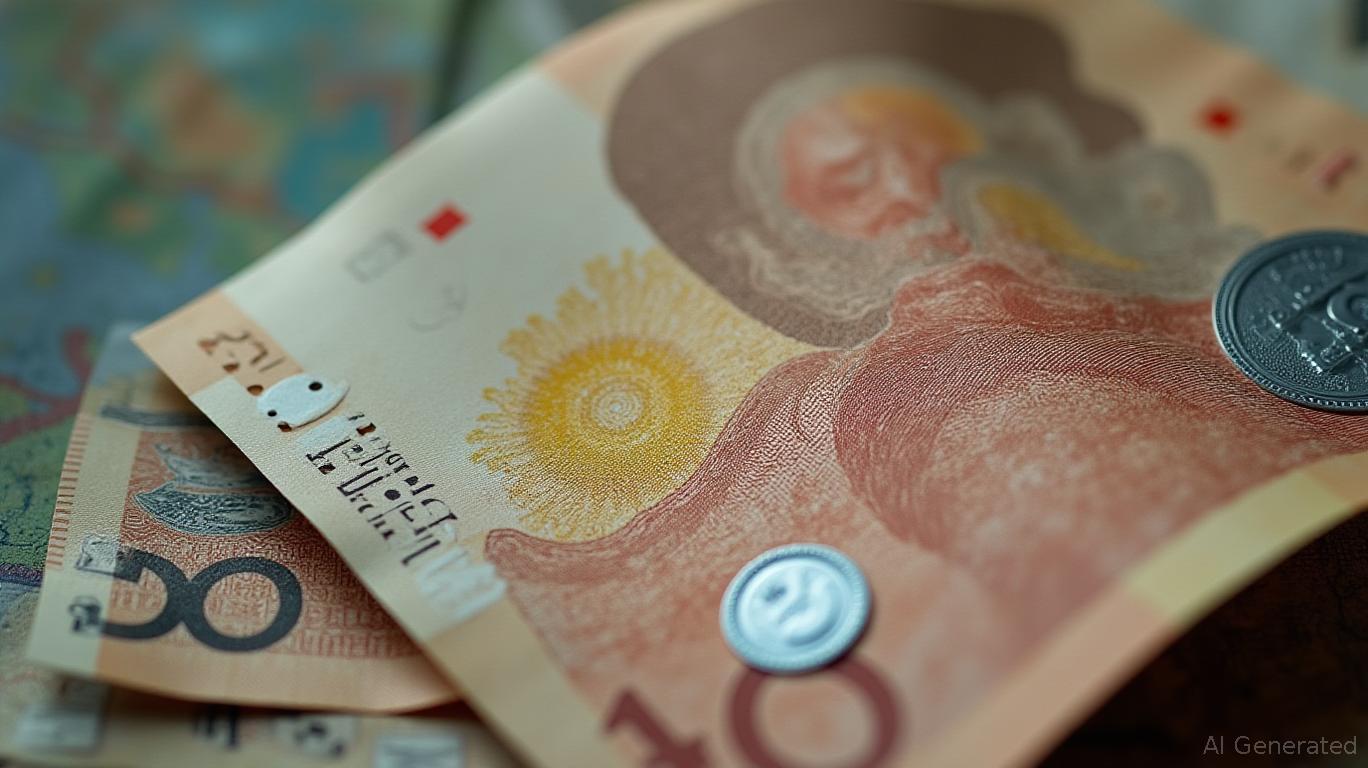Bitcoin surges after US and China agree on key trade issues in Kuala Lumpur talks
Key Takeaways
- China and the US reached crucial agreements on trade during Kuala Lumpur talks.
- Communication channels between both countries have improved for discussing export controls and tariff issues.
Bitcoin climbed to $113,829 on Friday morning after the US and China agreed to a framework agreement in Kuala Lumpur, resolving several key trade issues, following talks led by China’s Vice Minister of Commerce Li Chenggang.
According to US Treasury Secretary Scott Bessent, the agreement will prevent the US from imposing 100% tariffs on Chinese goods and delay new export controls on China’s rare earth minerals.
The breakthrough came after a sharp flare-up in trade tensions, as Trump’s warnings of triple-digit tariffs and Beijing’s export restrictions on rare earths rattled markets. Bitcoin briefly fell below $104,000, with the weakness spreading across digital assets.
Following Sunday’s trade news, the total crypto market cap hit $3.9 trillion, marking a 2% daily increase, according to CoinGecko’s data.
Over the last 24 hours, Bitcoin edged toward $114,000, Ethereum crossed back above $4,000, and Solana gained more than 3%.
Zcash’s ZEC, Pump.fun’s PUMP, Hyperliquid’s HYPE, and World Liberty Financial’s WLFI were among the strongest performers.
Disclaimer: The content of this article solely reflects the author's opinion and does not represent the platform in any capacity. This article is not intended to serve as a reference for making investment decisions.
You may also like
Solana News Today: Solana's Tightrope Walk: ETF Investments, Price Fluctuations, and Regulatory Challenges
- Solana attracts institutional investors via ETF inflows, Hong Kong regulatory approvals, and the Alpenglow upgrade targeting validator cost cuts. - SSK ETF sees $24M weekly inflows, while Hong Kong's first Solana ETF launches October 27, expanding global institutional access. - SOL price rebounds to $195 but faces $200 resistance; analysts highlight $220 as a key breakout threshold for further gains. - Alpenglow aims to slash 80% of validator fees by 2026, enhancing decentralization through lower entry b

Political Stalemate to Drive U.S. Debt Higher Than Italy and Greece by 2030
- U.S. public debt-to-GDP ratio will surpass Italy and Greece by 2030, per IMF forecasts, reaching 143% vs. 137% and 130%. - Trump-era tax cuts, $1T defense spending, and political gridlock drove deficits above 7% of GDP since 2025. - Italy/Greece reduced deficits via austerity and EU funds, while U.S. faces debt servicing costs exceeding education/transport budgets. - Analysts warn U.S. debt path is unsustainable without structural reforms, as political stalemate blocks spending cuts or tax hikes.

China's approach with the Digital Yuan seeks to transform the landscape of international finance
- PBOC establishes Beijing and Shanghai centers to advance digital yuan strategy, enhancing domestic infrastructure and global reach. - Digital yuan pilot transactions exceed 14.2 trillion yuan, supported by 225 million wallets, while PBOC enforces crypto bans to mitigate risks. - Dual-center model balances domestic innovation with international collaboration, expanding digital yuan adoption through commercial banks. - China’s strategy aims to reshape global CBDC perceptions, leveraging regulatory rigor an

U.S. Bets $40 Billion on Argentina's Economic Reforms as Peso Rallies and Poverty Rises
- Trump praised Argentina's Milei for a landslide election win, linking it to U.S. financial gains amid a 6% peso surge against the dollar. - U.S. Treasury's $20B currency swap and $40B total stake aim to stabilize Argentina's economy, despite 53% poverty rates and political instability risks. - Milei's austerity reforms face challenges: poverty deepening, congressional alliances needed, and potential peso collapse if reforms stall. - Markets reacted positively to the election, with Argentine bonds and sto
